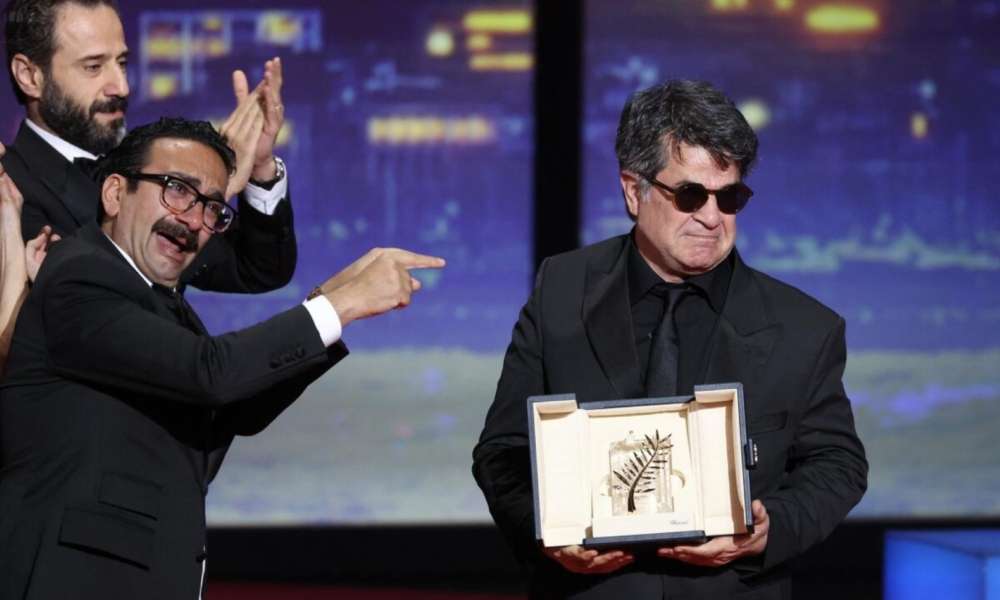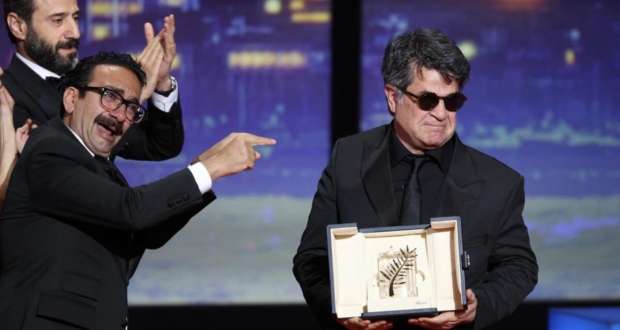At the 2025 Cannes Film Festival, a poignant statement resonated: “Cinema is a mirror by which we often see ourselves.” This sentiment encapsulates the festival’s enduring role as a global platform where filmmakers reflect the complexities of the human experience.
The 78th edition of Cannes showcased a diverse array of films that held a mirror to society, delving into themes of identity, memory, and resilience.
Jafar Panahi’s ‘It Was Just an Accident’
Iranian director Jafar Panahi‘s Palme d’Or-winning film, It Was Just an Accident, offers a stark portrayal of life under authoritarian rule. Drawing from his own experiences with imprisonment and censorship, Panahi crafts a narrative that confronts the realities of political oppression. His victory at Cannes underscores the festival’s commitment to championing freedom of expression and the power of cinema to challenge societal norms.
Joachim Trier’s ‘Sentimental Value’
Norwegian filmmaker Joachim Trier‘s Sentimental Value received the Grand Prix, captivating audiences with its exploration of familial bonds and personal reconciliation. The film’s introspective narrative invites viewers to reflect on their own relationships and the passage of time, embodying cinema’s ability to mirror our innermost emotions.
Christian Petzold’s ‘Mirrors No. 3’
German director Christian Petzold‘s Mirrors No. 3 delves into themes of grief and identity. The story follows a woman who, after surviving a tragic accident, assumes the role of another’s lost daughter. Through this narrative, Petzold examines how individuals cope with loss and the human desire for connection, highlighting cinema’s role in reflecting psychological complexities.
Theoretical Underpinnings: Cinema’s Reflective Nature
The concept of cinema as a mirror has deep roots in film theory. French theorist André Bazin emphasized realism in cinema, advocating for films that present life authentically, allowing audiences to see themselves and their world more clearly.
Similarly, psychoanalytic theories, such as Jacques Lacan’s “mirror stage,” suggest that individuals form their identities through reflections, both literal and metaphorical. In cinema, this translates to audiences recognizing aspects of themselves in characters and narratives, facilitating a deeper understanding of the self and society.
Cannes: A Global Reflective Surface
Cannes continues to serve as a global stage where diverse stories are told, reflecting a multitude of cultures, experiences, and perspectives. By showcasing films that challenge, inspire, and provoke thought, the festival reinforces cinema’s role as a mirror—one that not only reflects reality but also encourages introspection and dialogue.
In a world marked by rapid change and complexity, Cannes 2025 reaffirmed the power of cinema to reflect our shared humanity, offering audiences a chance to see themselves and others with renewed clarity and empathy.



























